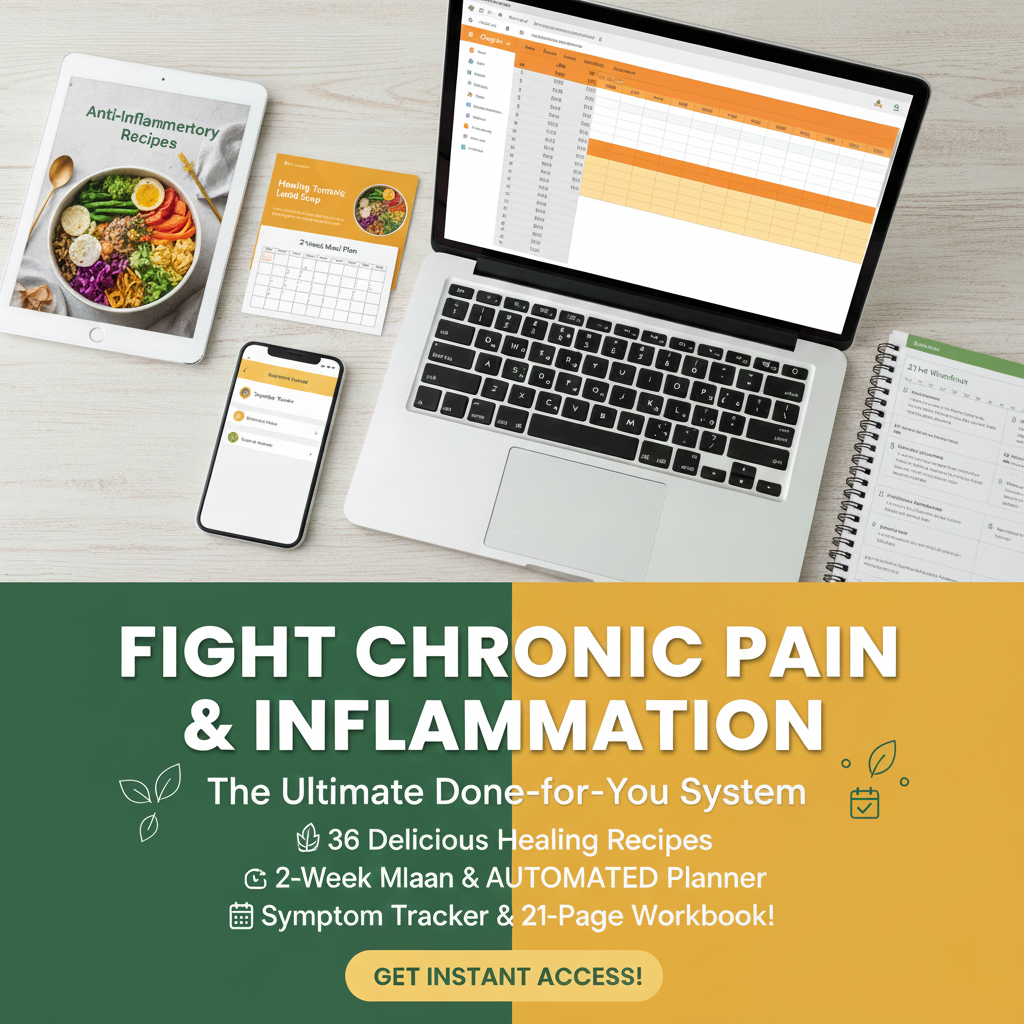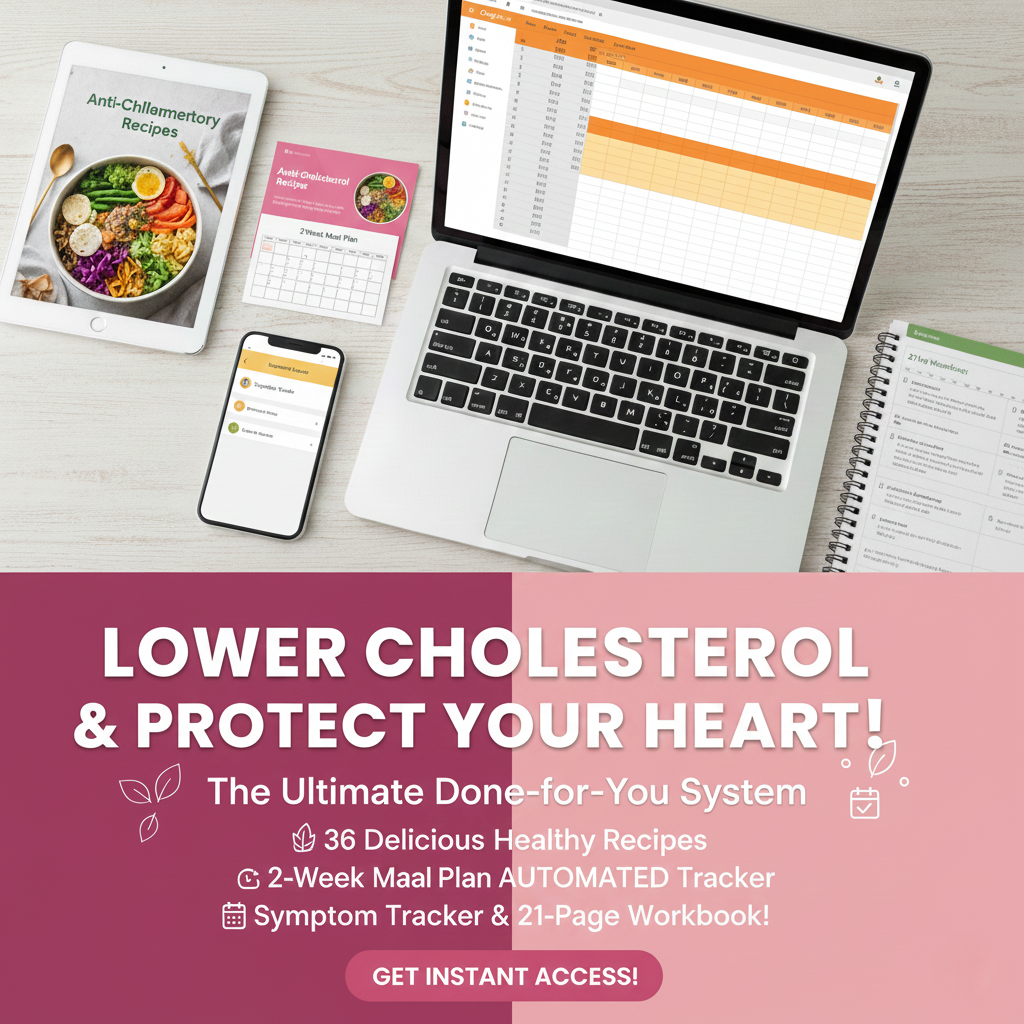Eat Your Way to Calm: 10 Foods That Reduce Anxiety Fast
Anxiety is a common problem that affects people of all ages and backgrounds. While there are many ways to manage anxiety, including therapy, medication, and exercise, your diet can also play a role. Certain foods are known to have anxiety-reducing properties, and incorporating them into your diet may help alleviate symptoms of anxiety. In this article, we’ll explore the link between diet and anxiety, and provide you with a list of top foods to eat when feeling anxious.
The link between diet and anxiety
Research suggests that there is a strong connection between what we eat and how we feel. Our brain needs specific nutrients to function correctly, and when we don’t get those nutrients, it can negatively affect our mood and well-being. The gut-brain connection is also recognized to play a vital role in mental health. This means that the state of your digestive system can have an impact on your mood and anxiety levels.
Furthermore, studies have shown that certain foods can exacerbate anxiety symptoms. For example, consuming high amounts of caffeine, sugar, and processed foods can lead to increased feelings of anxiety and nervousness. On the other hand, incorporating foods rich in omega-3 fatty acids, such as salmon and walnuts, and magnesium, such as spinach and almonds, can help reduce anxiety symptoms.
How certain foods can help alleviate anxiety symptoms
Some foods have been shown to contain compounds that have a calming effect on the body, helping to reduce anxiety symptoms. For example, foods rich in magnesium, like nuts and dark chocolate, have been linked to decreased anxiety. Magnesium helps to regulate neurotransmitters in the brain, which affect mood and anxiety levels. Foods high in zinc, such as oysters and poultry, have also been linked to a lower risk of anxiety.

In addition to magnesium and zinc, there are other foods that can help alleviate anxiety symptoms. Foods rich in omega-3 fatty acids, like salmon and chia seeds, have been shown to reduce inflammation in the brain and improve mood. Probiotic-rich foods, such as yogurt and kefir, can also have a positive impact on anxiety by promoting healthy gut bacteria. Finally, complex carbohydrates, like whole grains and sweet potatoes, can help regulate blood sugar levels and prevent mood swings that can contribute to anxiety.

Top 10 foods to eat when feeling anxious

The following foods are excellent options to reach for when you’re feeling anxious:
- Salmon: Salmon is rich in omega-3 fatty acids, which have been shown to reduce inflammation and improve brain function. Studies suggest that omega-3s can also help decrease symptoms of anxiety.
- Dark chocolate: Dark chocolate contains antioxidants and magnesium, both of which can help to reduce anxiety. Plus, it’s a mood-booster, making it an excellent choice for when you’re feeling down.
- Lavender: Lavender tea has been shown to have a calming effect on the body. Sipping on a cup of lavender tea before bed can help you relax and sleep better.
- Chamomile: Chamomile tea is another great option if you’re looking to calm your nerves. It contains apigenin, an antioxidant that binds to specific receptors in the brain, promoting relaxation and reducing anxiety. You can get more information about herbal teas that help to alleviate anxiety symptoms, here.
- Nuts: Nuts, like almonds and walnuts, are great sources of magnesium, which helps to regulate mood and reduce anxiety. They are also high in fiber and protein, making them a satisfying and healthy snack.
- Turmeric: Contains curcumin, which has been shown to have anti-anxiety and anti-inflammatory effects.
- Whole grains: Contain complex carbohydrates that can help regulate blood sugar and reduce anxiety.
- Avocado: High in potassium, which can help regulate blood pressure and reduce anxiety.
- Leafy greens: Rich in magnesium, which can help reduce stress and anxiety.
- Pumpkin seeds: Rich in magnesium, which can help reduce anxiety and improve mood.
It’s important to note that while these foods can help to reduce symptoms of anxiety, they should not be used as a substitute for professional treatment. If you are experiencing severe anxiety, it’s important to seek help from a mental health professional.
Foods to avoid when experiencing anxiety
Just as there are foods that can help reduce anxiety, some foods can make it worse. Alcohol, caffeine, and sugary foods are all known to trigger anxiety symptoms. These substances can affect your brain function and mood, leading to feelings of nervousness, restlessness, and irritability. If you’re prone to anxiety, it’s best to avoid these foods altogether, or at least consume them in moderation.
In addition to alcohol, caffeine, and sugary foods, processed and fried foods can also worsen anxiety symptoms. These types of foods are often high in unhealthy fats and lack essential nutrients that support brain health. Additionally, consuming large amounts of processed and fried foods can lead to inflammation in the body, which has been linked to increased anxiety and depression. Instead, opt for whole, nutrient-dense foods like fruits, vegetables, whole grains, and lean proteins to support your mental health.

The science behind how these foods decrease anxiety
Research has shown that these foods contain specific compounds that have a physiological effect on the body. For example, omega-3 fatty acids found in salmon and other fatty fish have been shown to decrease inflammation in the brain, which can lead to reduced anxiety. Magnesium, found in nuts, dark chocolate, and leafy greens, has been shown to have a calming effect on the body, helping to reduce anxiety symptoms. Lavender and chamomile tea contain specific antioxidants that bind to receptors in the brain, promoting relaxation and reducing anxiety.
In addition to these specific compounds, the act of preparing and consuming these foods can also have a positive impact on mental health. Taking the time to cook a healthy meal can be a form of self-care and mindfulness, which can help reduce stress and anxiety. Eating a balanced diet that includes these anxiety-reducing foods can also provide a sense of control and empowerment, which can improve overall mental well-being.
Incorporating these anxiety-reducing foods into your daily meals
If you’re looking to incorporate more anxiety-reducing foods into your diet, start by adding them to your daily or weekly meal plan. Try adding a serving of fatty fish to your dinner, and snack on nuts or dark chocolate throughout the day. You can also try incorporating lavender or chamomile tea into your bedtime routine. Remember to choose foods that you enjoy, so you’re more likely to stick with them and make healthy eating a habit.
It’s important to note that while incorporating anxiety-reducing foods into your diet can be helpful, it’s not a substitute for professional treatment if you’re struggling with anxiety. If you’re experiencing severe anxiety symptoms, it’s important to seek help from a mental health professional. Additionally, incorporating other healthy habits such as regular exercise, getting enough sleep, and practicing stress-reducing techniques like meditation or deep breathing can also be beneficial for managing anxiety.
Tips for creating a balanced diet that supports mental health
A balanced diet is essential for overall health, including mental health. Try to incorporate a variety of whole, nutrient-dense foods into your diet, including fruits, vegetables, whole grains, lean protein, and healthy fats. Avoid processed and fast foods that are high in sugar, unhealthy fats, and sodium. Stay hydrated by drinking plenty of water throughout the day.

Other lifestyle changes that complement a diet for reducing anxiety
While diet can help reduce anxiety, it’s not the only factor to consider. Other lifestyle changes, like exercise, meditation, and getting enough sleep, can also have a significant impact on your mental health. Try to incorporate these practices into your daily routine, along with a healthy diet, for optimal results.
Exploring other natural remedies for managing anxiety alongside a healthy diet
If you’re looking for other natural remedies to manage anxiety, there are many options to consider. Herbal supplements, like valerian root and passionflower, have been shown to have a calming effect on the body. Mind-body practices, like yoga and acupuncture, can also help to reduce anxiety symptoms. Talk to your healthcare provider before trying any new natural remedies or supplements to make sure they are safe for you.
By incorporating anxiety-reducing foods into your diet, along with other healthy lifestyle changes, you can take proactive steps towards managing your anxiety and improving your overall mental health.




